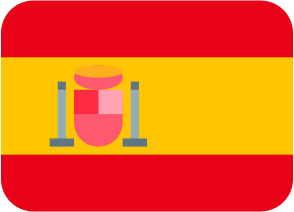7 Simple Steps to Build a Positive Relationship with Money
Practical budgeting tips, mindset shifts, and saving strategies to build healthy financial habits and long-term wealth

Know your money story
Start by mapping where every dollar goes for a month. Track groceries, rideshares, subscriptions and that daily coffee run so you can see patterns instead of guessing. This gives you honest data to build a healthier relationship with money and reduces anxiety around paydays.
Write down financial wins and setbacks you had growing up, because beliefs shape behavior. Naming those narratives—fear of scarcity, treating shopping as comfort—lets you respond differently and choose habits that actually grow wealth over time.
Build a realistic budget
Create a simple, flexible plan that fits your lifestyle rather than punishing it. Allocate essentials, fun money and debt payments first, then put at least a small amount toward savings. Using a weekly check-in keeps the budget practical and prevents surprises before the next paycheck.
Use tools you’ll actually keep using: a spreadsheet, bank app or a budgeting template. Make one rule: if a category runs dry, move small amounts instead of blowing the whole plan. Consistency beats perfection when you’re building lasting financial habits.
Shift your mindset about money
Treat money like a tool, not a scorecard. Celebrate incremental progress — paying down a credit balance or hitting a month under budget — because those wins build confidence. Confidence drives better choices, and better choices compound into stability and opportunity.
Practice reframing impulses: wait 24 hours before a nonessential purchase and ask if it aligns with your priorities. That short pause reduces buyer’s remorse and helps you spend in line with long-term goals like a down payment or retirement fund.
Smart saving and growth strategies
Automate savings so it feels effortless: set up transfers to a high-yield savings account right after payday. Even small monthly contributions create a buffer and seed investments. Emergency savings prevents debt, which is one of the fastest obstacles to building wealth.
Once you have a buffer, diversify how you grow money—retirement accounts, low-cost index funds and paying down high-interest debt. Keep educating yourself, compare rates and revisit goals each quarter. Start small, be consistent, and the compounding effect will do the heavy lifting.






























